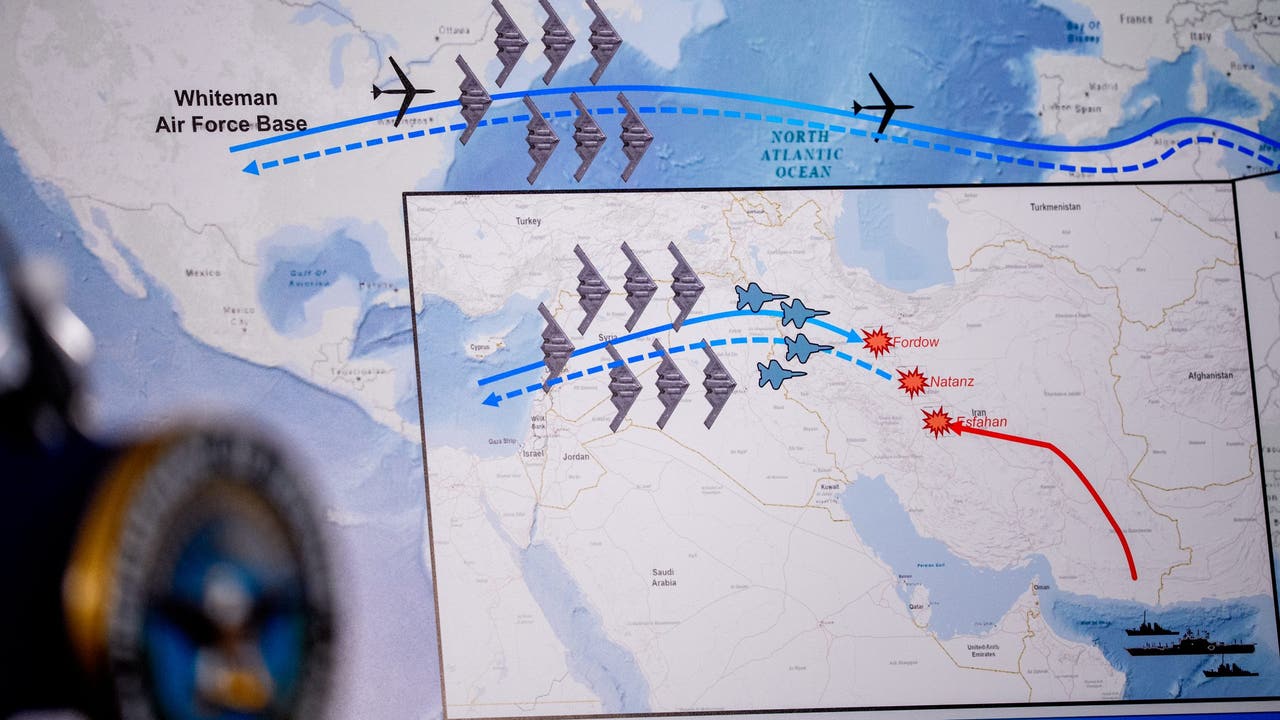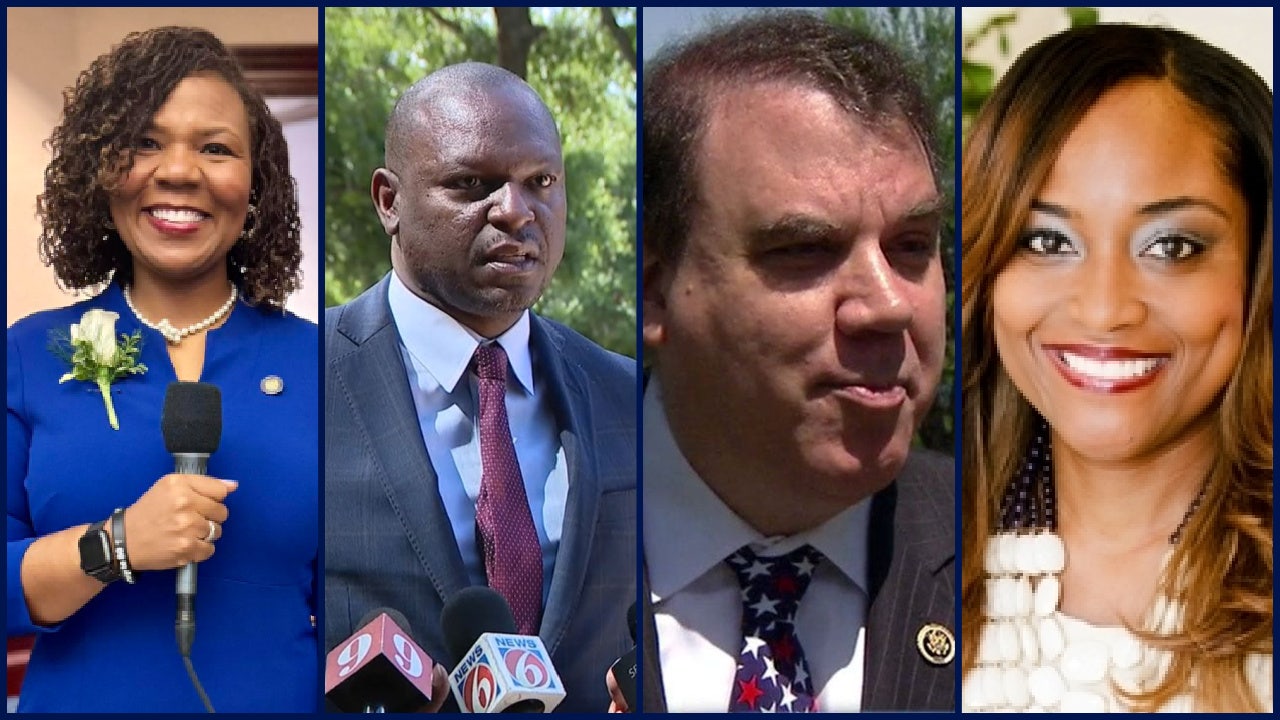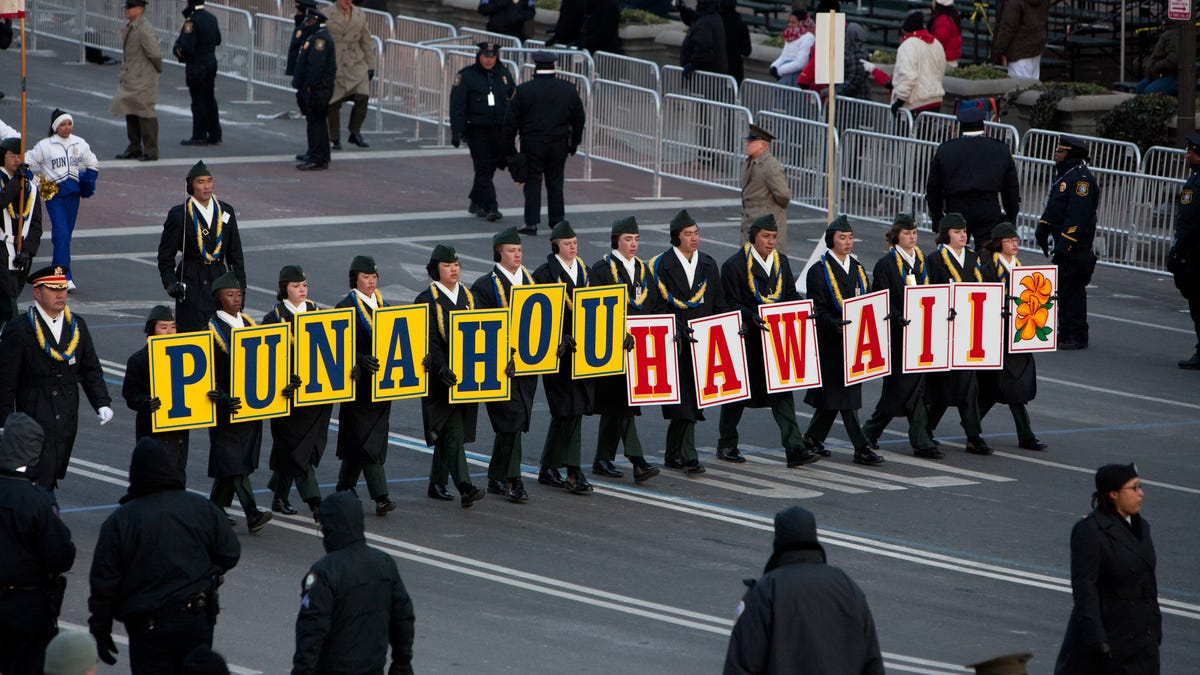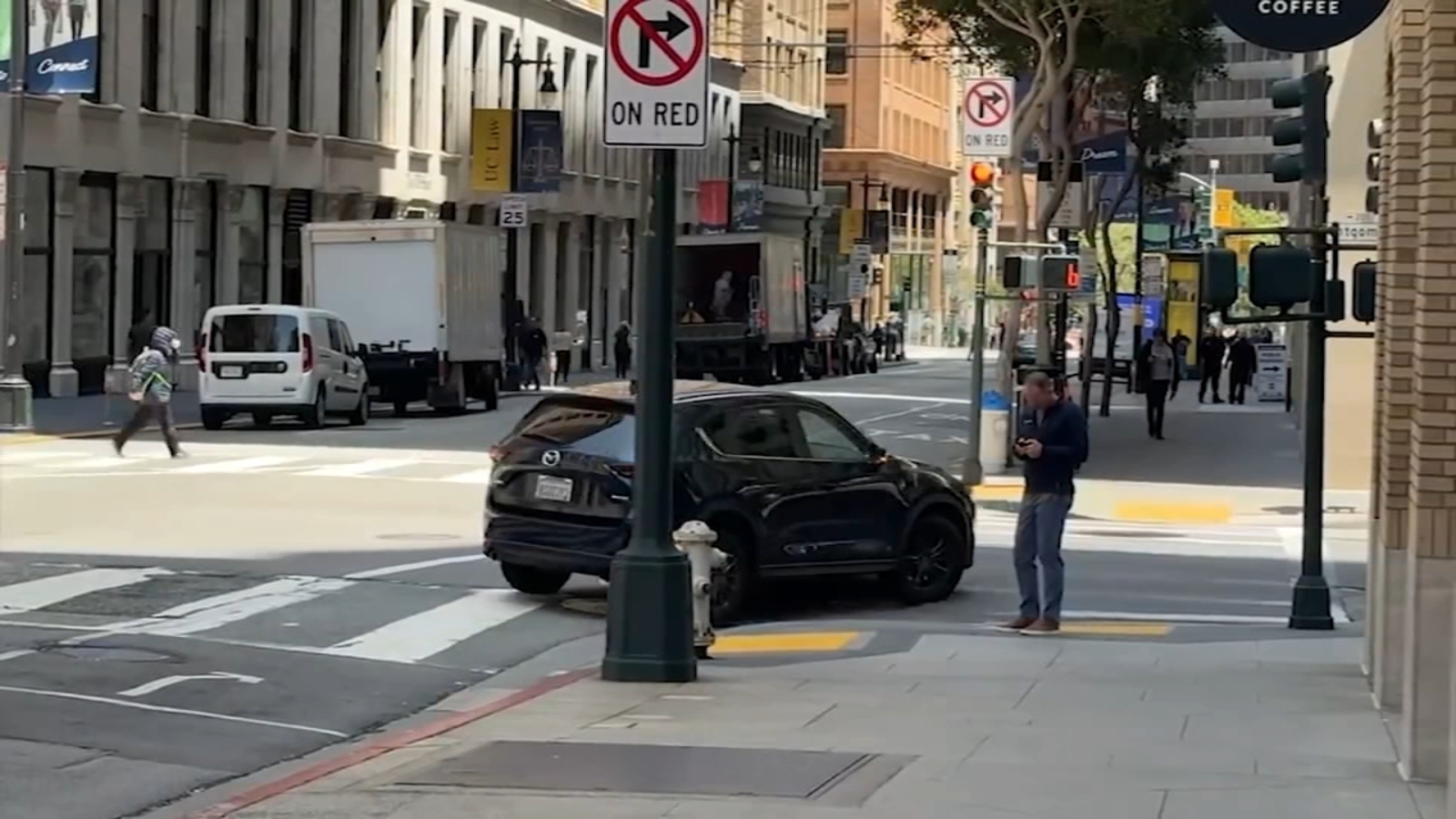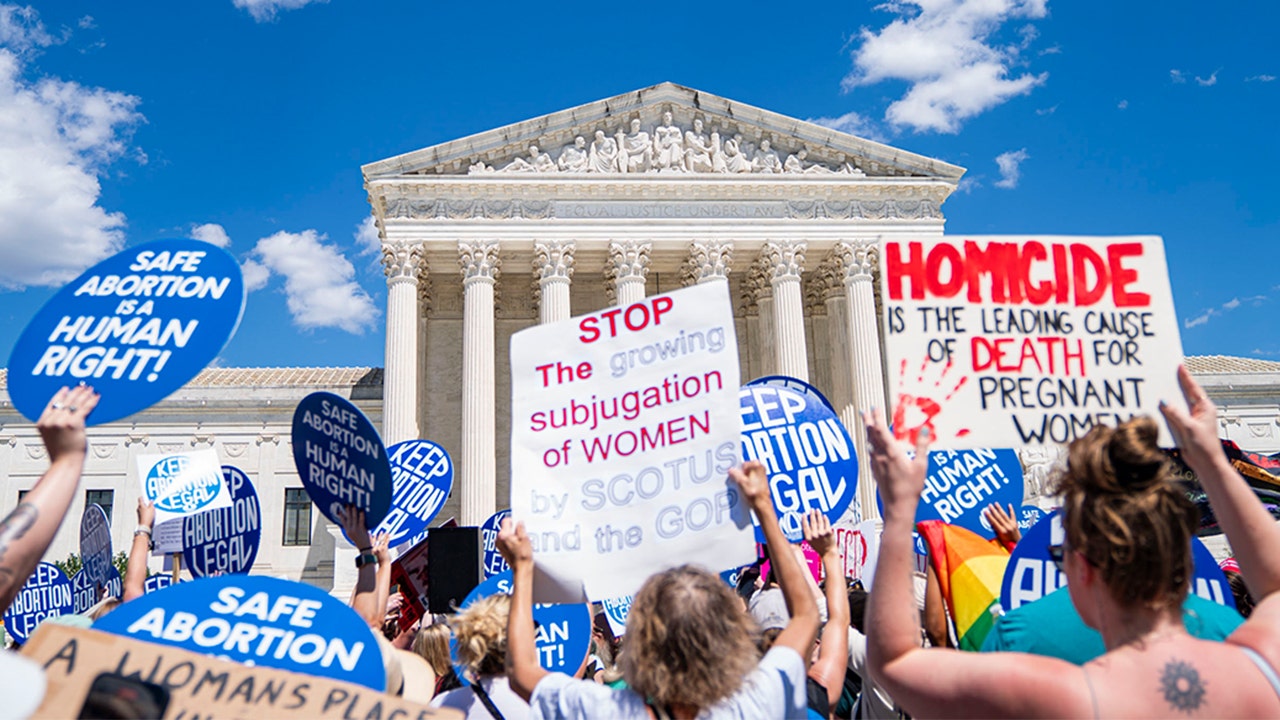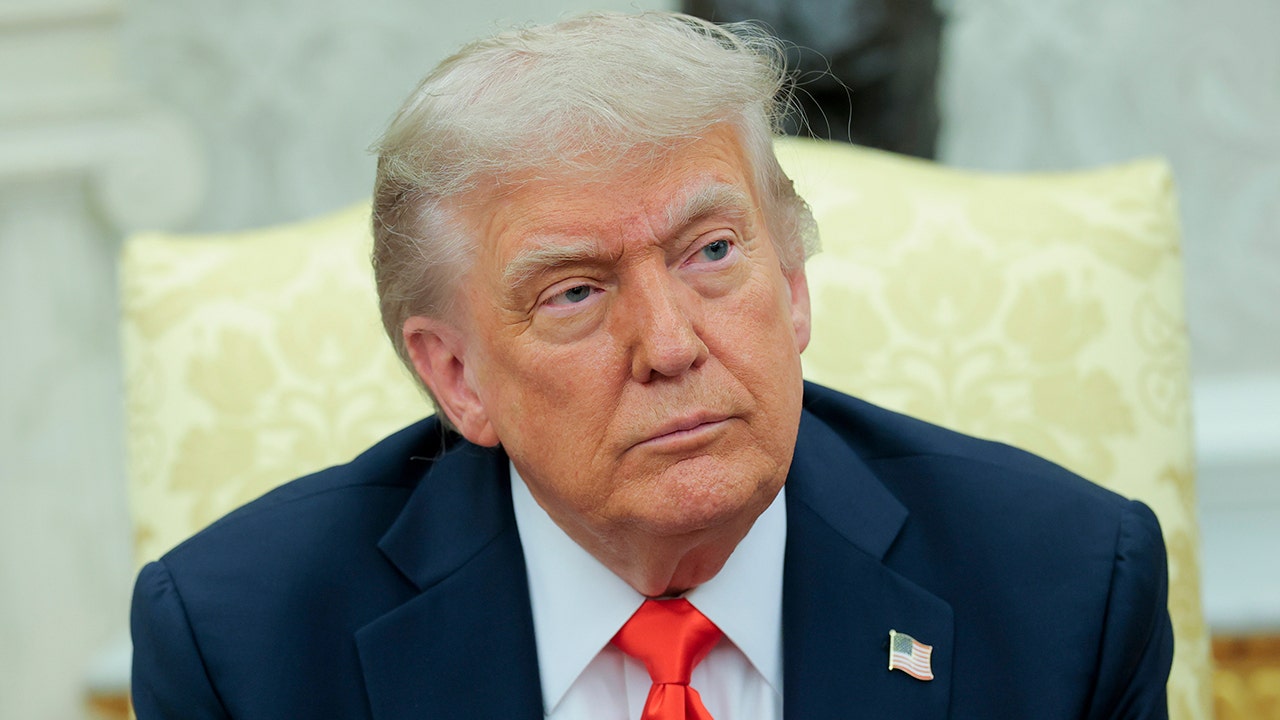World
Q&A: Sebastien Lai on father Jimmy Lai’s Hong Kong ‘show trial’
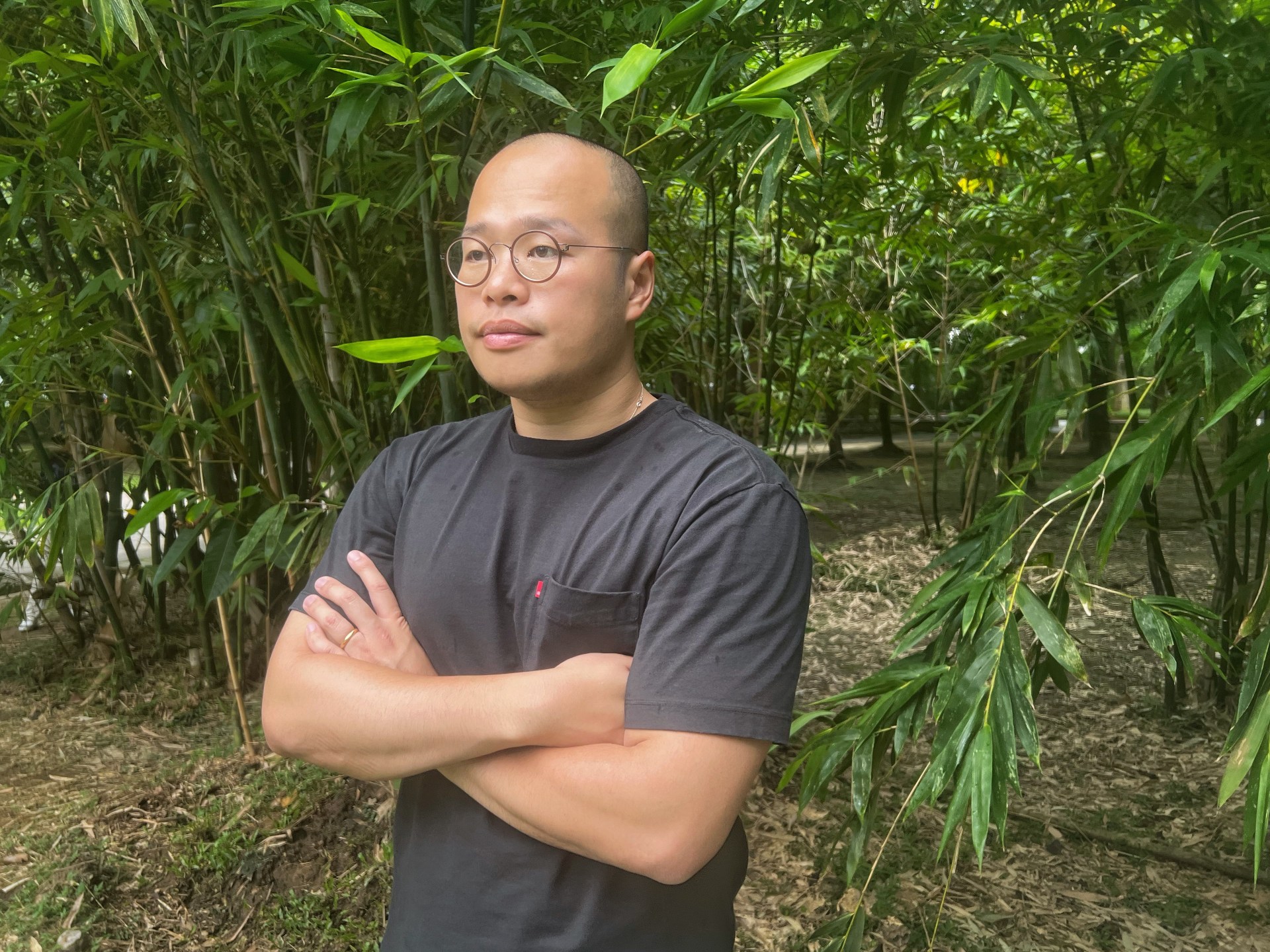
Taipei, Taiwan – The national security trial of Jimmy Lai, the jailed 75-year-old media mogul and founder of the now defunct Apple Daily newspaper, was supposed to start next month.
But it has now been delayed – again – until December 18.
Lai has been in custody since December 2020 and faces multiple charges related to Hong Kong’s democracy movement and protests.
Lai has already been sentenced to more than five and half years over a commercial lease at Apple Daily, and faces additional charges under the national security law (NSL) and sedition law, which dates from colonial times.
Lai was also denied his choice of lawyer – veteran British barrister Timothy Owen – for the NSL trial, which will be heard before a panel of three judges approved by Beijing.
Sebastien Lai, the tycoon’s 28-year-old son spoke to Al Jazeera in Taipei about his father’s situation and his hopes for the future.
Al Jazeera: What are your expectations for the upcoming trial?
Sebastien Lai: I’m optimistic, in a sense. Obviously, this is a show trial. There’s actually no basis for national security convictions. There’s no basis for anything that they can convict on up to now, and he’s been in jail for three years. But my expectation is that it’s an opportunity to see if Hong Kong and the Hong Kong government are people of their word, because at the end of the day, what was happening is very obvious to the free world.
They’re basically punishing a publisher, a 75-year-old man, for standing up for the freedoms that the Hong Kong state has and that were also promised during the handover. That’s all it is really and they’re using a national security law, and the national security law isn’t retroactive. That’s something that they’ve stated very clearly – once it was in place, from that point is what counts. So if we look at it even just on that very level, on their word, then none of these guys should be in jail.
I think there’s a reason why they keep delaying the trial. There’s a belief that if you’re delaying it, it means that you don’t have a very strong case. And also, more importantly, they are really trying to get it under everybody’s radar – that’s why they’re doing it during Christmas. That’s my conclusion on my part, but it makes sense.
Al Jazeera: How do you feel about the government’s decision to block your father’s choice of a British lawyer for his national security trial?
Lai: I have no contact with the Hong Kong legal team. My contact is with the international legal team, and they’re independent of one another. And with the lawyer they provide… it goes to show where the Hong Kong legal system is now. But more importantly, I think it’s just a symptom of a much greater disease, of a much greater decay of the whole legal system.
You can see that in dad getting 12 months for lighting a candle at a Tiananmen Square vigil, how recently he was acquitted for organising a protest that 1.7 million showed up at, but he had already carried out the sentence.
Either way, I think the greater point is he served more than 10 months more than a year (referring to the time his father had already spent in prison) for participating in a protest with 1.7 million people, and on another level 1.7 million went out and protested [against] the government. I think what’s happening with the foreign lawyer is unfortunate but it’s more of a sense of where the Hong Kong legal system is going.
Al Jazeera: What can other countries like the United Kingdom do?
Lai: The UK has a responsibility to its citizens. My father is a citizen… they have a responsibility to their citizens, especially when they are being unjustly treated abroad. And there’s also an element of Hong Kong has essentially broken its promise to the UK about 50 years of handover, so there’s also that. The UK has to hold Hong Kong accountable, or at least call Hong Kong out that they are willing to break the pacts they have with other nations on a whim.
Hong Kong is trying to tell the world that they are open for business and they want to be part of the world again, and it’s important to realise that Hong Kong’s main benefit is it’s a place where it’s very close to China but it had the rule of law and a very free government system. It used to be a model of freedom and Hong Kong is still trying to tell the world that they have that, but they can’t do that if they have someone like my dad in jail. They can’t say they have free press and send 500 people to raid a newspaper. You have to choose one or the other. I don’t think you can treat the world like they’re stupid.
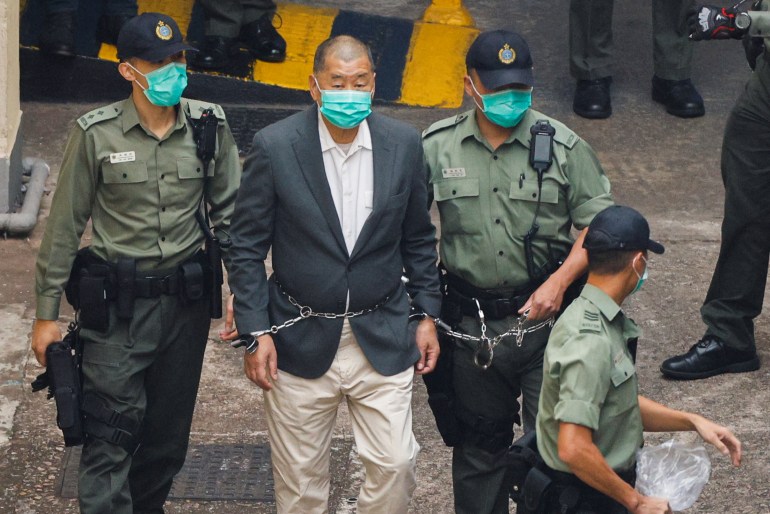
Hong Kong can either show the world that ‘we still want to be a part of the world economy’, ‘we still want to be open for business’ or they can keep doing this folly, which is basically cruel. My father, and the other political prisoners, they’ve already slandered their names and put them in jail. Dad’s been in jail for three years and at 75 that’s a long time. And so I think at this point it’s just cruel.
I hope that the UK puts my dad’s case forward every time they negotiate with Hong Kong, they are vocal about this and tell China and Hong Kong that this is unacceptable behaviour and that it’s not acceptable for China and Hong Kong to step on the freedoms that the UK has, or the free world has.
Al Jazeera: How’s your father doing in prison?
Lai: Unfortunately I haven’t seen him in more than three years since I left in 2020. I recently saw photos of him. I think he’s a strong man and I know that he is mentally tough, I know that obviously knowing you’re doing the right thing is a great source of strength, his religion is a great source of strength, but at his age he is the oldest political prisoner in Hong Kong unless they try to arrest someone else.
Al Jazeera: Are you close with him? People have challenging relationships with their fathers sometimes.
Lai: I was very fortunate, I was incredibly lucky because by the time that I was born, dad was already a bit older. So I’m 28, he’s 75. He was 47 when I was born, so obviously he was still very busy but we got to spend a lot of time together growing up. I think at the end of the day, he’s obviously someone I look up to greatly because of his actions [and] because of his willingness to stand by his word.
I saw videos from the BBC that they showed me from the archives and it was him before the handover. These English guys were interviewing him, and the crazy thing is this is like 30 years ago and when they ask him, ‘What are they going to do? Are they going to come after you?’ And he tears up and says, ‘Hong Kong is my home, it’s given me everything, so I’ll protect it’. And that was 30 years ago. It’s mind-blowing.
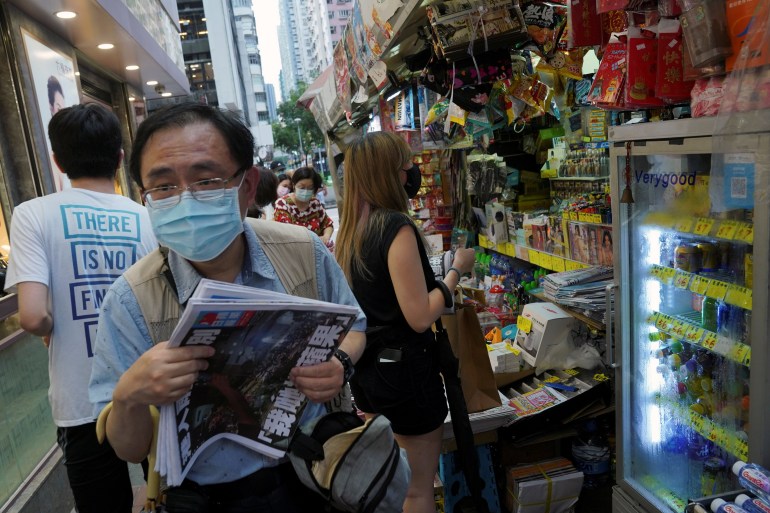
Al Jazeera: How would you describe the Hong Kong of today compared with the one where you grew up?
Lai: I think for a lot of people Hong Kong was always a very hopeful place. It had its issues but it was always a very hopeful place – a place where because of the institutions that were in place … where if someone was willing to work really hard they could have a successful outcome. But I think more importantly, it was one of the rare places in the world – a society of Chinese people that had freedoms besides universal suffrage. It was an experiment in that sense. It was always people leaving mainland China to come to Hong Kong and not Hong Kong to mainland China. So for me that was always a source of pride, the freedoms that we had, the hope that we had it’s what made Hong Kong so dynamic.
My impression of Hong Kong Kong now – and I haven’t been for three years – is that by and large that freedom is gone. It’s a place where the government has blurred the lines of the law so much that most people would rather stay clear of it. I think that element of not being scared of what you say or scared of what you do, I think that’s central to why Hong Kong was successful.
Al Jazeera: Where do you see Hong Kong in five years?
Lai: I think it depends on if the people running Hong Kong realise it’s true that these freedoms are one way to [stand out] because in the end, the government has to be accountable for what they say, they will be judged on their actions. I hope and I don’t know if that will be the case that Hong Kong will realise the cost of giving up these freedoms is too high and reinstate them. If that’s the case there is a possibility of it being a world city again. I think where it’s going though it’s probably going to be another mainland city, and it’s going to lose its competitive advantage, it’s no longer going to be able to compete with other cities in mainland China.

World
Maersk continues to sail through Strait of Hormuz, company says

World
Israel recovers remains of three more bodies held by Hamas: 'No victory until last hostage returns'
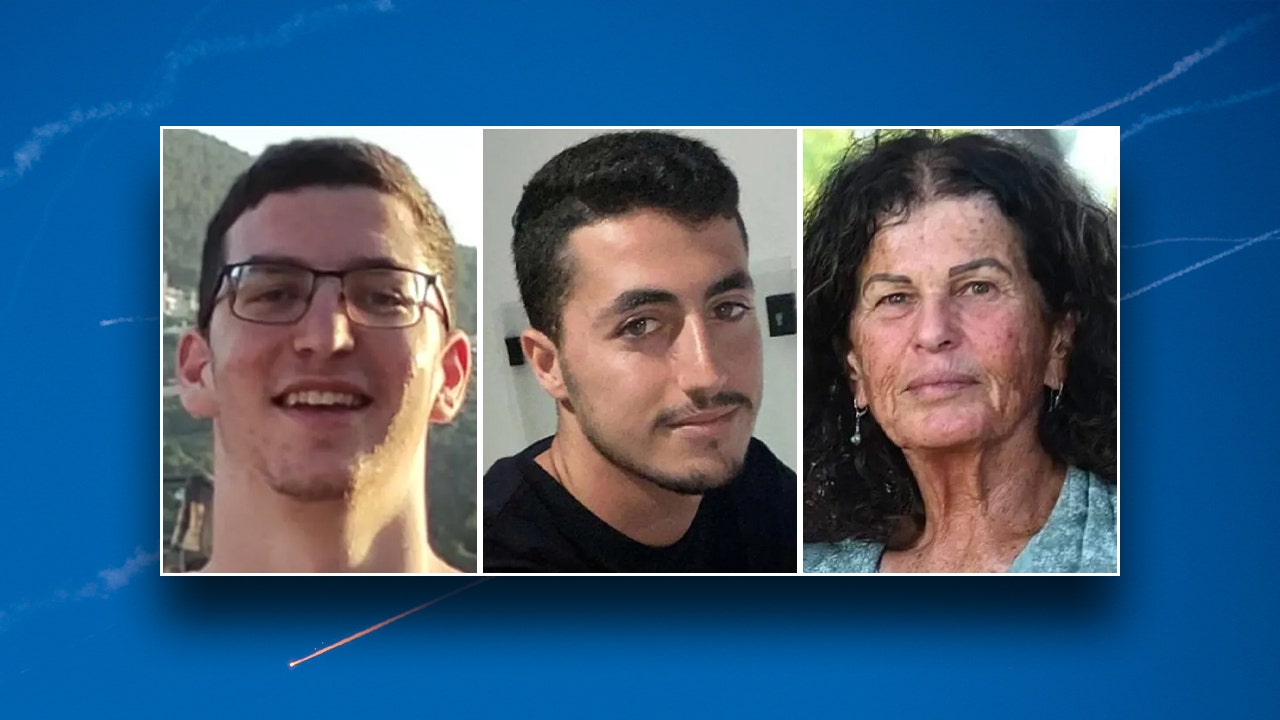
NEWYou can now listen to Fox News articles!
Israel recovered the bodies of three more hostages held by Hamas following the terror group’s attack on Israel in October 2023.
The remains of the three hostages were recovered by the Israel Defense Forces (IDF) during a special operation on Saturday and have been identified as Ofra Keidar, Yonatan Samerano and Shay Levinson, according to the Hostages and Missing Families Forum Headquarters.
“Our hearts are with the Keidar, Samerano, and Levinson families today,” the organization said. “Alongside the grief and pain, their return provides some comfort to the families who have waited in agony, uncertainty and doubt for 625 days.”
The group added that the return of all hostages is essential for national healing and recovery.
ISRAELI HOSTAGE FAMILIES MAKE DESPERATE PLEA TO TRUMP AS ‘TIME IS RUNNING OUT’
The Israeli Defense Forces also confirmed that the three hostages’ remains had been recovered from Gaza. The bodies of Keidar, Samerano, and Levinson were recovered during a special operation carried out by the IDF and the Israel Security Agency (ISA) on Saturday.
The IDF credited “precise intelligence received from the ISA, the Hostage Task Force, and the IDF Intelligence Directorate” and said it extends “condolences to the families and will continue to make all efforts possible to bring home all the hostages.”
The IDF recovered the bodies of three hostages — left to right, Shay Levinson, Yonatan Samerano and Ofra Keidar — from Gaza in a special operation on Saturday, June 21, 2025. (Getty Images; Hostages and Missing Families Forum Headquarters)
Keidar, a resident of Kibbutz Be’eri, was kidnapped on Oct. 7, 2023, by Hamas terrorists “while taking her usual morning walk through the fields she loved,” according to the Hostage Families Forum.
She worked on a dairy farm for 30 years, caring for newborn calves and “was a dedicated worker with exceptional physical strength,” the organization said.
“Later, she moved to the local petting zoo, where she worked for 15 years, and even after reaching retirement age, she never slowed down.”
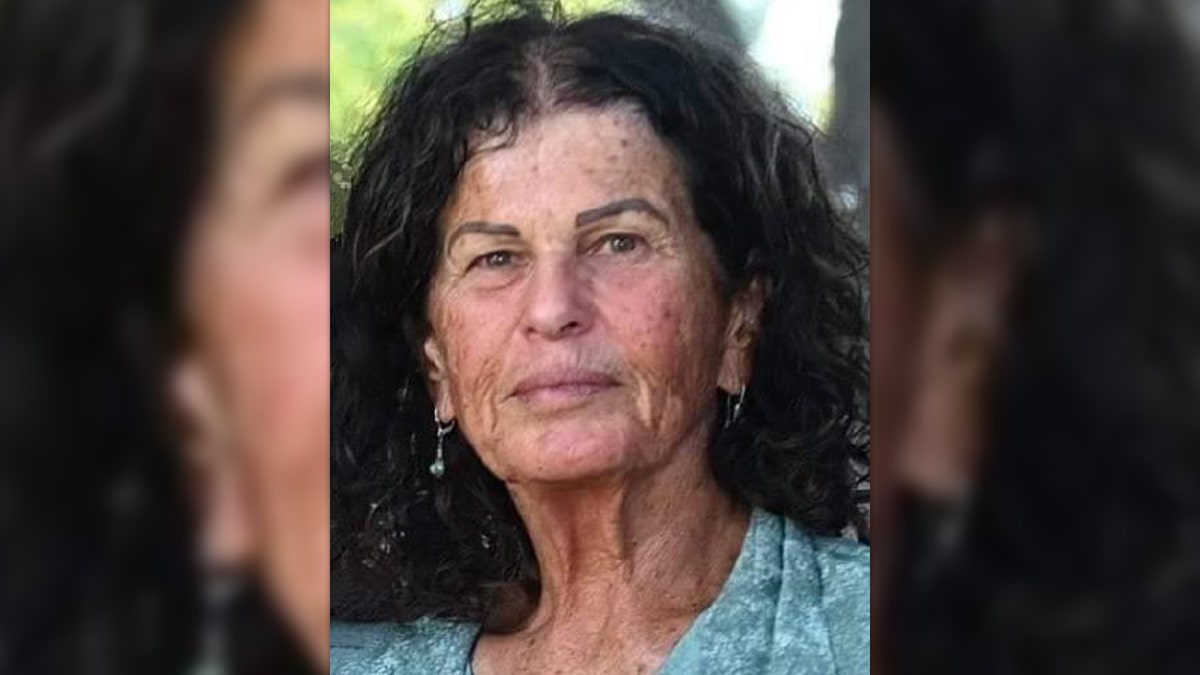
The body of Ofra Keidar was recovered by Israeli forces. She was 71 at the time of her death. (Hostages and Missing Families Forum Headquarters)
“Anyone who visited her home could see her greatest loves, aside from her family – her dogs, especially poodles, and tending to her garden and houseplants,” the forum added.
The IDF noted that Keidar, who was 71 at the time of her death, “was a mother of three and the wife of Shmuel Keidar, who was also murdered by Hamas terrorists in their home in Be’eri.”
HAMAS AGREES TO RETURN BODIES OF 4 ISRAELI HOSTAGES IN EXCHANGE FOR HUNDREDS OF PALESTINIAN PRISONERS
Samerano, who was 21 at the time of his death, “was brutally murdered and abducted from Kibbutz Be’eri on October 7, 2023, by Hamas terrorists, including a UNRWA employee, after fleeing the Nova music festival,” according to the IDF.
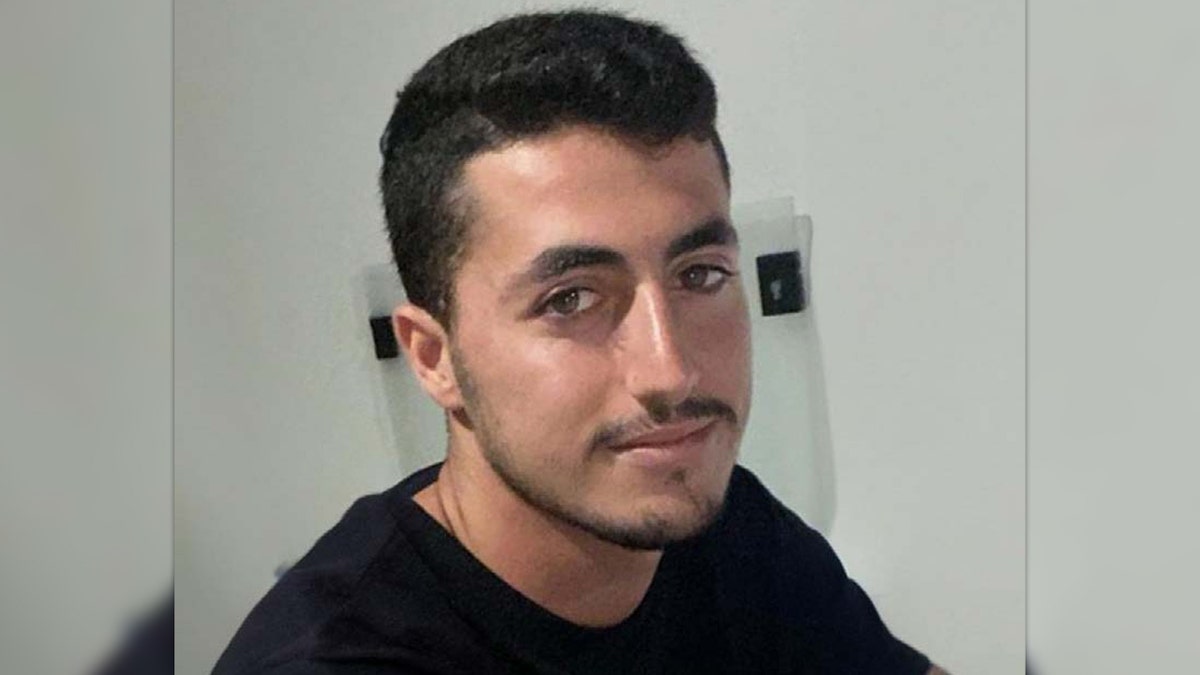
The body of Yonatan Samerano was recovered by Israeli forces. He was 21 when he died. (Hostages and Missing Families Forum Headquarters)
Yonatan, or “Yonati” as his friends and family called him, “was always surrounded by friends – a talented DJ who just wanted to make music, bring joy, and travel,” the Hostage Families Forum said.
“Even at his young age, he was an entrepreneur at heart and a savvy businessman who dreamed of developing his career in event production.”
Levinson, a staff sergeant and tank commander in the “Oz” (77) Battalion, “engaged and fought terrorists on the morning of October 7 and fell in combat,” according to the IDF.
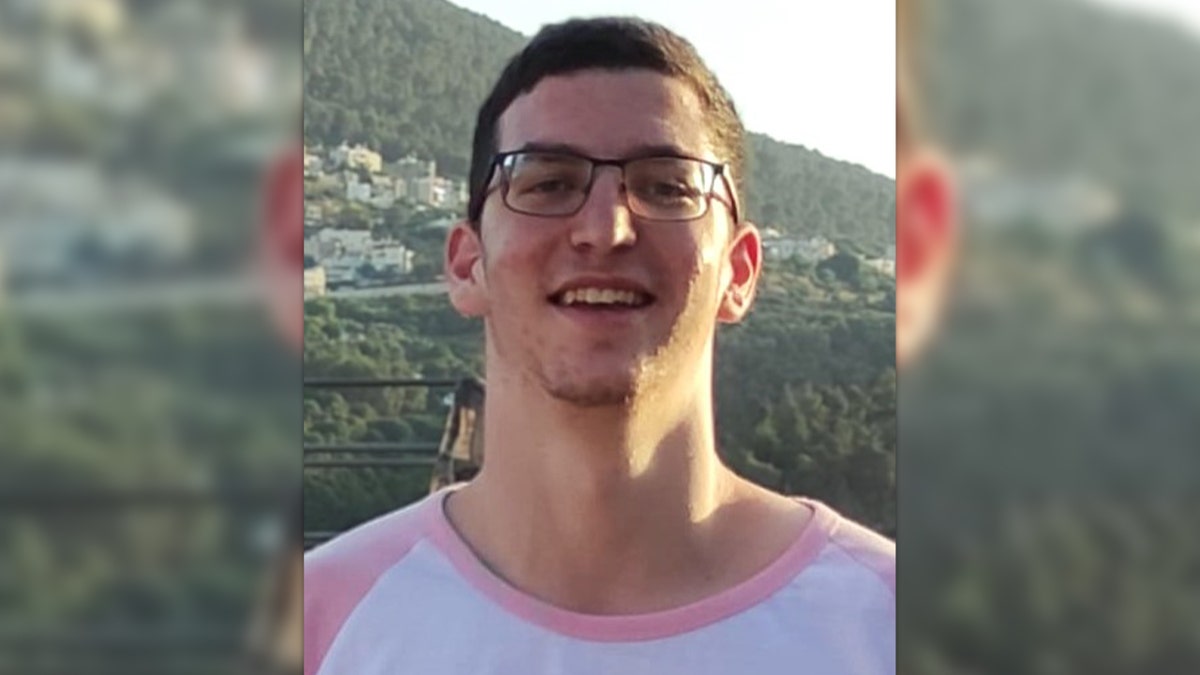
The body of Shay Levinson was recovered by Israeli forces. He was 19 at the time of his death. (Hostages and Missing Families Forum Headquarters)
“He was then abducted by Hamas terrorists.”
Levinson, who was 19 years old at the time of his death, is remembered as “a quiet and exceptional young man – ambitious and driven, who pushed himself to excel in sports and every field that interested him,” the Hostage Families Forum said.
“Shay, a resident of Givat Avni in the Lower Galilee, was an outstanding player on the M.S. Eilabun volleyball team – a team that serves as a model for Jewish-Arab cooperation,” according to the organization.
“Shay chose to forgo the opportunity to receive active athlete status and instead chose meaningful combat service in the IDF.”
World
‘Patently illegal’: Critics dispute legality of Trump’s Iran strikes

Washington, DC – As United States President Donald Trump lauded what he called the “spectacular military success” of the strikes he authorised against Iran, Democrats were quick to accuse him of overstepping his authority.
Numerous critics accused Trump late on Saturday of violating the US Constitution by launching military attacks against Iran’s nuclear sites without the approval of Congress.
“Trump said he would end wars; now he has dragged America into one,” Senator Christopher Van Hollen Junior said in a statement.
“His actions are a clear violation of our Constitution – ignoring the requirement that only the Congress has the authority to declare war.”
In the lead up to the US attacks, legislators from both main parties have pushed measures to compel Trump to approach Congress before launching any strikes.
The US Constitution gives Congress the authority to declare war or authorise the use of force for specific purposes.
Trump’s “Make America Great Again” (MAGA) base has also been vehement in its opposition to the US joining Israel’s war. It has pointed out that Trump won the election on the promise not to commit Washington to yet another war in the Middle East. They want Trump to focus on domestic issues, particularly the economy.
‘Grounds for impeachment’
Lawmakers’ authority over the military was further enshrined in the War Powers Resolution of 1973, which curbed the president’s war-making powers.
Progressive Congresswoman Alexandria Ocasio-Cortez said Trump violated the constitution and the War Powers Resolution.
“He has impulsively risked launching a war that may ensnare us for generations. It is absolutely and clearly grounds for impeachment,” she said.
The president is the commander-in-chief of the armed forces, so he can order attacks, but his decisions must be within the guidelines of what is authorised by Congress.
However, the president can order the military in the case of a “sudden attack” or to respond to emergencies.
Several Democrats were quick to note that Iran’s nuclear facilities, which have been operating for years, did not pose an imminent threat to the US.
The US intelligence community confirmed in an assessment in March that Iran is not building a nuclear weapon.
Trump has increasingly relied on executive powers in governing domestically, and now he appears to be sidelining Congress in his foreign policy.
But with Republicans in control of the Senate and the House of Representatives, lawmakers have few tools to influence his military decision. Impeachment is almost out of the question.
President Trump sending U.S. troops to bomb Iran without the consent of Congress is a blatant violation of our Constitution. pic.twitter.com/pqzAeS4K19
— Congresswoman Rashida Tlaib (@RepRashida) June 22, 2025
No legal justification for strikes
Lawmakers have introduced bills under the War Powers Resolution to ban attacks on Iran without the approval of Congress, but Trump is likely to veto the proposals if they pass.
Congress could overturn the veto with two-thirds majorities in the House and the Senate, but Trump’s strikes have enough support to make that outcome unlikely.
The US president has not provided a legal justification for the strikes, but he is likely to argue that he was responding to an urgent situation or cite an existing military authorisation.
In the aftermath of the 9/11 attacks in 2001, Congress passed a law allowing then-President George W Bush to launch what would become the global “war on terror”.
Millions of people have been killed and societies devastated due to the US wars on Iraq, Afghanistan, Libya, among others, waged as part of the so-called “war on terror”. It has also cost trillions of dollars and the lives of thousands of US soldiers.
In 2002, lawmakers approved another authorisation to allow the invasion of Iraq a year later.
These laws, known as the Authorisation for Use of Military Force (AUMF), remain in place, and previous presidents have invoked them to justify attacks that were not specifically approved by Congress.
Brian Finucane, a senior adviser with the US programme of the International Crisis Group and former State Department lawyer, said the attack on Iran is “patently illegal”.
“Even under the prevailing executive branch doctrine, this is likely to constitute ‘war’ requiring congressional authorization,” he wrote in a social media post.
Statement from Rep. Ilhan Omar on U.S. Bombing of Iran:
“The strikes on Iran, ordered by President Trump and executed without congressional authorization, mark a dangerous and reckless escalation of an already volatile conflict in the Middle East.
“Military strikes will not…
— Rep. Ilhan Omar (@Ilhan) June 22, 2025
Key progressive Senator Bernie Sanders was speaking at a rally in Oklahoma when Trump announced the attack.
As Sanders told the crowd about the US strikes, attendees started chanting: “No more war!”
“It is so grossly unconstitutional,” he said. “All of you know that the only entity that can take this country to war is the US Congress; the president does not have that right.”
Former Democratic House Speaker Nancy Pelosi said lawmakers will be “demanding answers” from the administration.
“Tonight, the President ignored the Constitution by unilaterally engaging our military without Congressional authorization,” she said in a social media post.
-

 Arizona4 days ago
Arizona4 days agoSuspect in Arizona Rangers' death killed by Missouri troopers
-

 Education1 week ago
Education1 week agoOpinion | Artificial intelligence, Trump and the Future: 13 Gen Z-ers Discuss
-

 Technology1 week ago
Technology1 week agoGoogle is shutting down Android Instant Apps over ‘low’ usage
-

 Culture1 week ago
Culture1 week agoSlow and Steady, Kay Ryan’s “Turtle” Poem Will Win Your Heart
-

 News1 week ago
News1 week agoAt Least 4 Dead and 4 Missing in West Virginia Flash Flooding
-

 Movie Reviews1 week ago
Movie Reviews1 week agoTitan: The OceanGate Disaster Movie Review: A sobering deep dive into ambition, negligence, and tragedy
-

 News1 week ago
News1 week ago‘No Kings’ demonstrators to gather across Greater Cincinnati in opposition to Trump
-

 Culture1 week ago
Culture1 week agoBook Review: “The Möbius Book, by Catherine Lacey


